
Why Hong Kong employers risk losing millennial talents
Survey showed they're not doing enough to retain them.
Employers in Hong Kong are apparently not doing enough to motivate and retain the next generation of professionals.
According to a research note from Morgan McKinley, its findings show that hiring managers should be more collaborative from the very early stage of the hiring process.
Lack of feedback from hiring managers and complaints that the actual role did not match the job description was a common theme across both groups therefore creating a gap between the employee's expectations and the reality. A quarter of respondents felt that lack of feedback was the biggest challenge.
The survey stated that hiring managers felt that the new generation wanted more feedback and were “experts” not understanding the importance of “experience” in the workplace. Millennials disagreed with this view - only 23% of Millennials stated that they have learned all they can and are open to more learning opportunities, compared with 32% of Non-Millennials. 10% of Millennials stated that they were not really learning anything new, compared with 15% of Non-Millennials.
Here's more from Morgan McKinley:
Hiring managers felt that personal development and career progression were the biggest challenges in retaining millennial generation talent alongside impatience with regards to salary growth. However, 26% of Millennials ranked faster promotion as the most important factor in job satisfaction compared to 16% of Non-Millennials. Non-Millennials were more likely to rank recognition from management as their top priority than Millennials (31% versus 18%).
Hiring managers felt that Millennials don't have a sustained work motivation with no career goals and tend to change jobs more frequently. The research showed that 37% of Millennials have been in their current role for less than a year, compared to 26% of Non-Millennials. Only 23% of Millennials have been in their current role for more than three years, compared to 39% of Non-Millennials. However, many hiring managers stated that their organisations had not implemented any initiatives apart from training and team building, to retain Millennial employees.
Reina Cheng, Managing Director, Hong Kong, Morgan McKinley commented: “It’s clear that Millennials will be a powerful generation of workers and that those with the right skills will be in high demand. They may be able to command not only creative reward packages by today’s standards, but also influence the way they work and where and how they operate in the workplace.”
“Millennials will leave if they can’t make an impact which may be one of the biggest challenges that many organisations will face. However, the generation's desire for greater company transparency and the eagerness to learn and broaden experience are positives which, if handled correctly, could be leveraged for competitive advantage.”
“Another key consideration for Millennials is the focus on a promotion. Business leaders need to foster a culture of continuous learning, professional growth and provide clear career pathways to attract this generation. Our report suggests a need for change in the future workplace. Employers must have more than just employee benefit policies to keep their staff; they need to understand what motivates this generation of workers and what they are looking for from an employer. Business leaders must adapt to the needs of this emerging workforce and introduce programmes that will keep them engaged and motivated.”
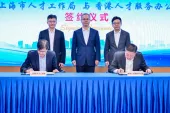


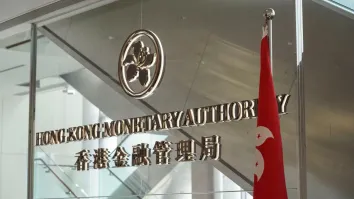

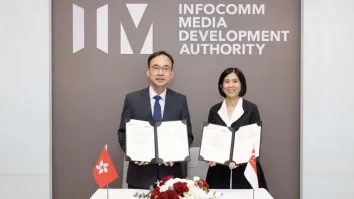
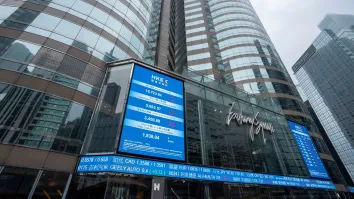




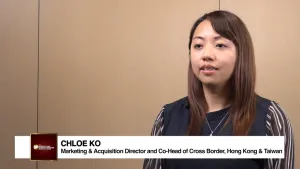



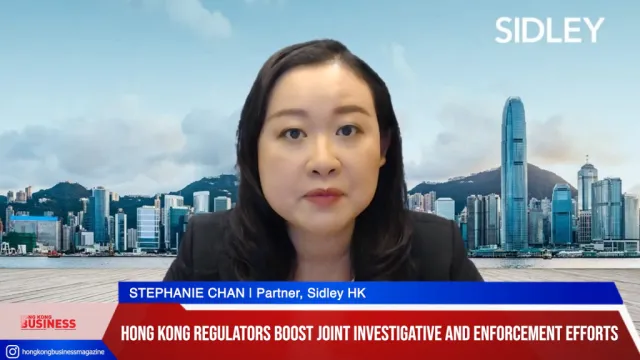
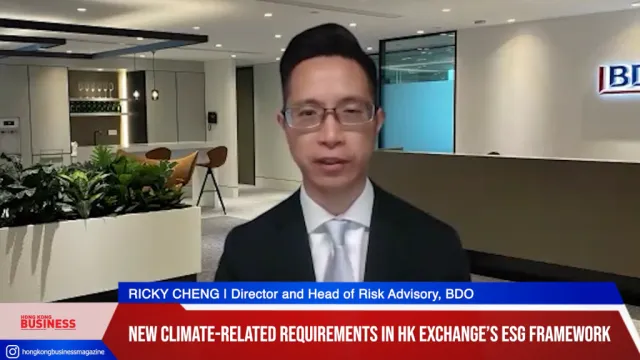
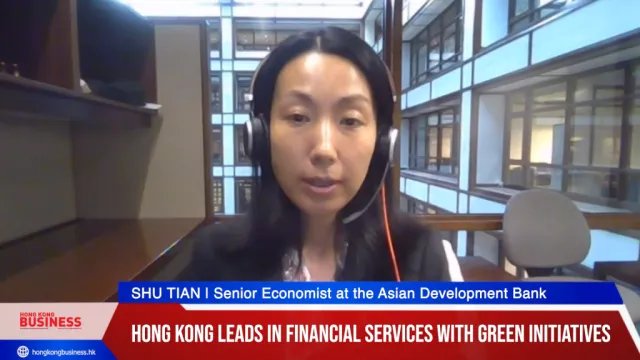
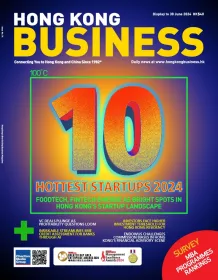
 Advertise
Advertise






